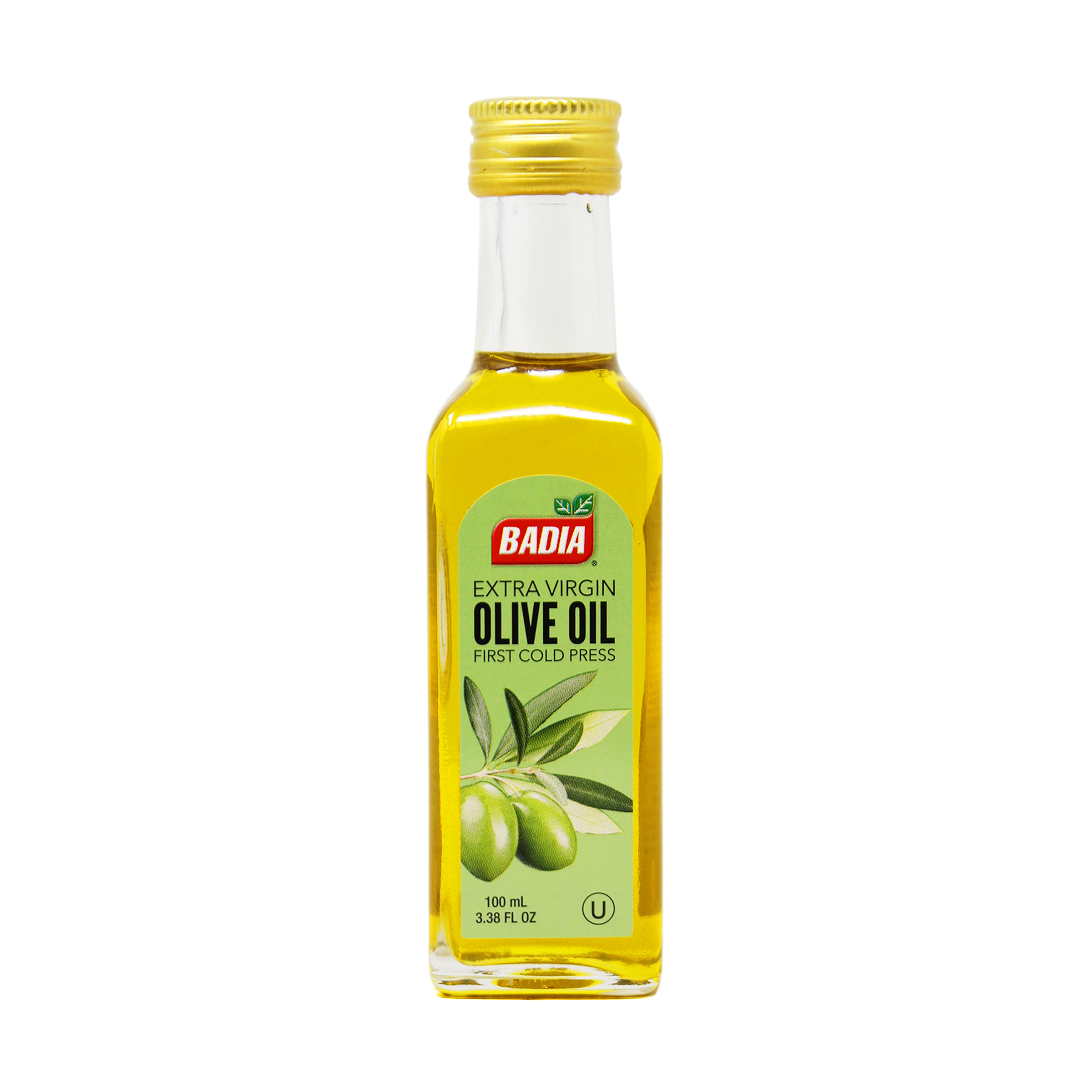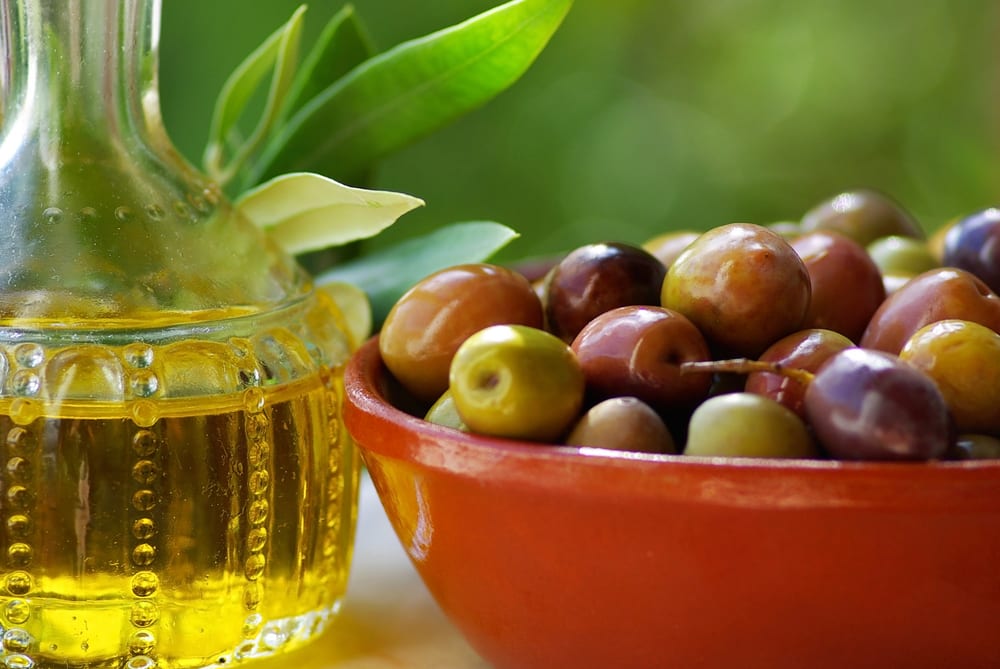Why Extra Virgin Olive Oil Benefits Are a Game-changer for Healthy Cooking
Why Extra Virgin Olive Oil Benefits Are a Game-changer for Healthy Cooking
Blog Article
Exploring the Different Sorts Of Olive Oil and Their Uses, Including Bonus Virgin Olive Oil
The expedition of olive oil encompasses a varied array of types, each offering unique tastes and culinary applications. Additional virgin olive oil, renowned for its superior quality and wellness advantages, serves as a staple in several kitchens, yet it is only one element of this multifaceted component.
What Is Olive Oil?
Originated from the fruit of the olive tree, olive oil is a staple in Mediterranean cuisine and an essential active ingredient in various culinary applications. This flexible oil is generated by pushing whole olives, leading to a fluid that differs in scent, taste, and shade depending on the type of olives utilized, the region of growing, and the removal procedure. Olive oil is mostly composed of monounsaturated fats, particularly oleic acid, which is known for its prospective health and wellness benefits, including anti-inflammatory buildings and cardio assistance.
In enhancement to its cooking usages, olive oil has a lengthy background of application in typical medication and skin care, owing to its abundant antioxidant web content (extra virgin olive oil benefits). The oil is usually made use of in dressings, sauces, and for cooking approaches such as sautéing and roasting. Its distinctive taste account can improve the taste of various recipes, making it a necessary active ingredient for both home cooks and expert chefs
Furthermore, olive oil is celebrated for its duty in the Mediterranean diet regimen, which is related to many health and wellness benefits. As awareness of these benefits expands, olive oil continues to acquire popularity worldwide as a basic element of a healthy lifestyle.
Kinds Of Olive Oil
Understanding the numerous sorts of olive oil is essential for both health-conscious consumers and cooking lovers. Olive oil is classified mostly based on its removal method and top quality, which considerably influences its fragrance, health, and taste benefits.

Light olive oil, in spite of its name, refers to a lighter taste and not reduced calories. It is suitable for those seeking a more refined preference in dressings and marinates. Additionally, there are flavorful olive oils instilled with herbs, seasonings, or citrus, which can boost meals without the need for added spices.
Each kind of olive oil offers certain culinary purposes, and recognizing these differences allows customers to make informed selections that line up with their cooking designs and health and wellness objectives.
Additional Virgin Olive Oil
Extra virgin olive oil (EVOO) is extensively considered as the highest top quality olive oil readily available, celebrated for its abundant flavor and countless health and wellness advantages. To be categorized as added virgin, the oil needs to be produced from fresh olives utilizing mechanical processes, without the usage of solvents or excessive warm. This meticulous technique preserves the oil's natural tastes, antioxidants, and healthy and balanced fats, resulting in an item with a reduced acidity degree of less than content 0.8%.
EVOO is plentiful in monounsaturated fats, specifically oleic acid, which is linked to lowered inflammation and enhanced heart wellness. It also consists of polyphenols, effective antioxidants that might supply protective impacts versus chronic illness. The taste account of EVOO can vary significantly relying on the olive range and region of production, varying from fruity and grassy to robust and sharp.

Culinary Use Olive Oil

In food preparation, olive oil can be utilized for sautéing, roasting, and barbecuing, offering a healthier alternative to butter or other fats. Its high smoke point makes it ideal for numerous cooking approaches, while its anti-oxidants add to a heart-healthy diet plan. Drizzling olive oil over finished dishes, such as pasta, fish, or smoked veggies, can raise flavors and add a touch of elegance.
In addition, olive oil plays a substantial duty in baking, where it can replace traditional fats in dishes for bread and breads, presenting moisture and a refined preference. It likewise works as a base for instilled oils, enabling chefs to experiment with tastes such as garlic, herbs, or chili, further increasing its cooking potential. Overall, olive oil's convenience makes it vital in both home and expert kitchens.
Finding High Quality Olive Oil
When selecting top quality olive oil, it's vital to consider numerous essential factors that affect find out this here the product's fragrance, flavor, and wellness benefits. Primarily, go with added virgin olive oil (EVOO), which is derived from the initial cold pressing of olives and has the highest degree of antioxidants and advantageous substances. Look for oils that are licensed by identified organizations, as this commonly makes certain adherence to stringent quality standards.
The packaging likewise plays a significant duty in preserving the oil's honesty. Choose oils kept in dark glass containers or tins to shield versus light degradation. Take note of the harvest date; fresher oils use exceptional taste and dietary value, so pick products that are within 18 months of their harvest.
Furthermore, consider the beginning of the oil. High-quality olive oils usually originate from certain regions known for their distinct taste profiles, such as Italian, Spanish, or Greek oils. Be mindful of the taste; a great top quality olive oil should have an equilibrium of fruity, bitter, and sharp notes, showing its richness and intricacy. By evaluating these elements, you can ensure you are picking the most effective olive oil for your culinary demands.
Verdict
In recap, the exploration of various types of olive oil exposes distinctive attributes and applications, with extra virgin olive oil representing the peak of high quality as a result of its low level of acidity and high antioxidant web content. Its convenience in culinary uses improves tastes in dressings, marinates, and sprinkles. Comprehending the various varieties of olive oil enables for notified choices in food preparation methods, promoting much healthier practices while enhancing the general gastronomic experience. Quality option continues to be important for ideal benefits.
Obtained from the fruit of the olive tree, olive oil is a staple in Mediterranean cuisine you could try these out and a crucial component in various cooking applications.The most typical types of olive oil include refined olive oil, pure olive oil, and light olive oil.Additional virgin olive oil (EVOO) is extensively pertained to as the greatest high quality olive oil offered, well known for its rich taste and many wellness benefits. Opt for added virgin olive oil (EVOO), which is obtained from the initial cool pressing of olives and has the highest possible levels of anti-oxidants and helpful compounds.In summary, the expedition of numerous types of olive oil reveals unique qualities and applications, with additional virgin olive oil representing the pinnacle of quality due to its low acidity and high antioxidant content.
Report this page